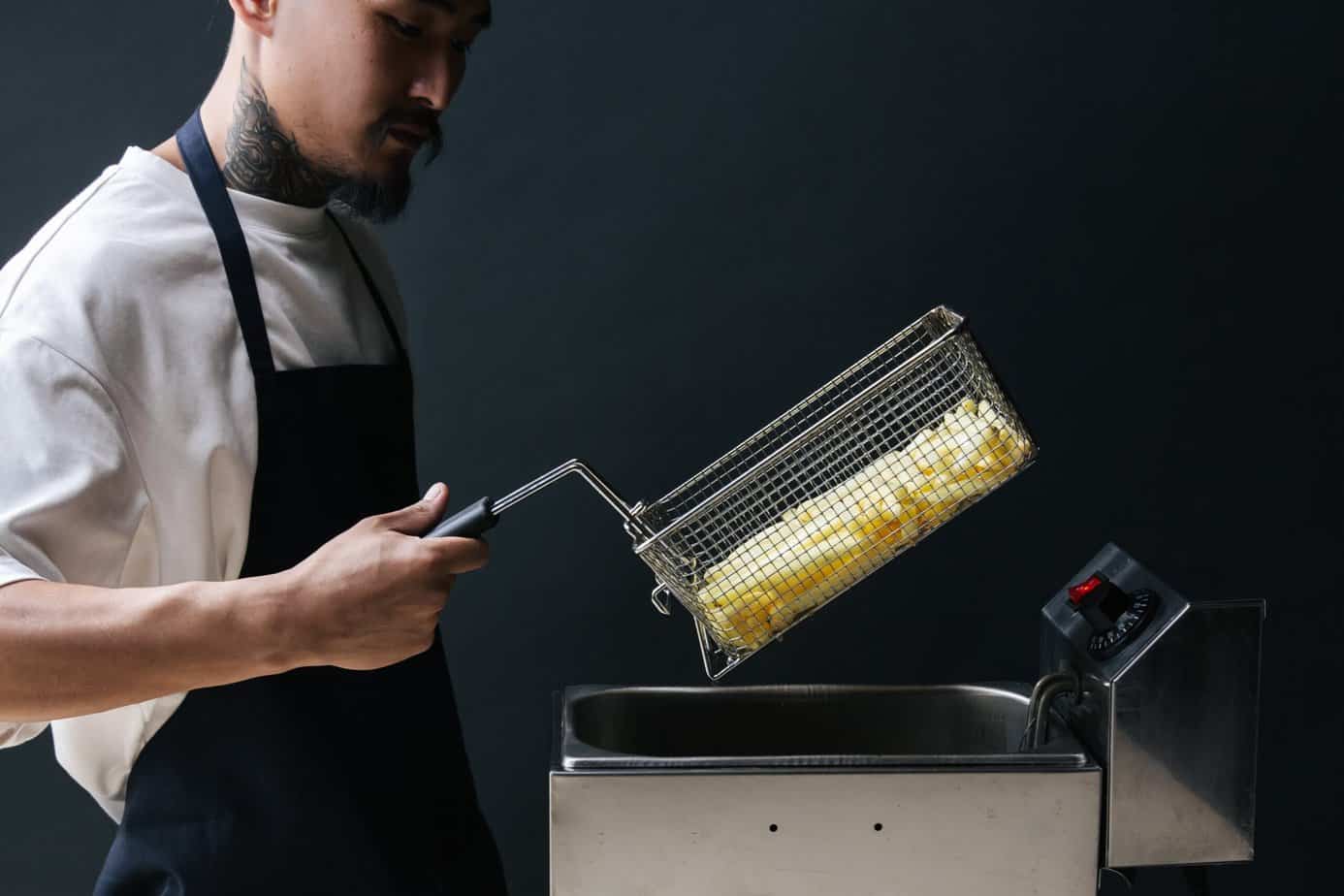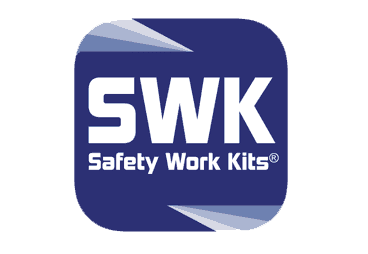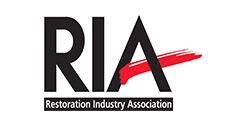A commercial deep-fryer is an essential piece of equipment in most restaurant kitchens. Properly cleaning and maintaining a deep fryer is crucial for food safety, efficient operation, and producing delicious fried foods. This comprehensive guide covers everything you need to know about cleaning a commercial deep fryer.
Supplies Needed
- Protective gloves and goggles
Daily Cleaning
Performing the basic daily cleaning of a commercial deep fryer takes just a few minutes but helps prevent bigger buildup issues.
Steps for Daily Cleaning:
- Turn off the fryer and allow the oil to cool completely before cleaning. Hot oil can cause severe burns!
- Carefully drain the cooled oil from the fryer vat into an appropriate storage container for reuse or disposal.
- Remove and clean fry baskets, racks, etc. by soaking in hot, soapy water. Scrub with a brush if needed to remove residue. Rinse thoroughly.
- Wipe down the exterior surfaces of the fryer to remove splatters or drips, using a degreasing cleaner if needed on stubborn residue.
- Replace the cleaned baskets and racks and add filtered oil back to the fill line in preparation for next use.
Weekly Cleaning
In addition to daily cleaning, commercial fryers should receive a more thorough scrubdown on a weekly basis.
Weekly Cleaning Procedure:
- Drain the used oil completely and dispose of it properly. Do not mix water and hot oil!
- Clean out sediment from the drain line using a fryer cleaning rod.
- Rinse the interior of the empty fryer with hot water to remove residue and any remaining oil or grease.
- Fill the fryer vat about 3/4 full with hot water and add commercial fryer cleaner or degreaser per the product instructions.
- Turn the fryer on to gently boil water and cleaning solution for 15-20 minutes. Some scrubbing may be needed on stubborn deposits using a long-handled brush.
- Turn the fryer off and allow the solution to cool completely before draining.
- Thoroughly rinse the interior with clean, hot water and drain completely. Wipe dry with clean towels.
- Refill with filtered fryer oil to the maximum fill line.
Deep Cleaning
Deep cleaning the fryer vat with boiling water and cleaner solution helps tackle built-up carbonised oil and residue. This should be done every 3–6 months.
Deep Fryer Cleaning Steps:
- Turn off and unplug the fryer. Allow the oil to fully cool before draining it into an appropriate container for disposal.
- Clean out sediment from the drain line using a cleaning rod.
- Rinse out the fryer vat with hot water.
- Fill the vat 3/4 full with cool, clean water, then add deep fryer cleaner per product instructions for the size of the fryer.
- Turn the fryer on and bring the water or cleaning solution to a gentle boil for 20–30 minutes. Scrub the interior with a long-handled brush.
- Turn the fryer off and allow the solution to fully cool.
- Drain the cleaning solution slowly. Use a brush to scrub the sides and heating elements to remove residue.
- Rinse the vat thoroughly with hot, clean water to eliminate cleaning chemical residue.
- Wipe the interior dry with clean, lint-free towels and allow the vat to fully air dry.
- Refill the fryer vat with filtered or fresh oil to the maximum fill line before returning to service.
Fryer Oil Care
- Filter oil daily to remove food particles.
- Discard oil if it looks overly dirty, is dark in colour, or has a rancid smell.
- Add fresh oil as needed to return to the fill line.
- Completely replace fryer oil every 5-7 days, depending on use and condition.
Fryer Safety Tips
- Allow the oil to fully cool before draining or cleaning the fryer.
- Do not pour water into hot oil, as it will splatter dangerously.
- Wear protective equipment like gloves and goggles.
- Keep a fire extinguisher nearby in case of oil igniting.
- Avoid overfilling the fryer vat with oil.
- Ensure the fryer is turned off when cleaning.
Proper cleaning and maintenance make a big difference in how well your commercial deep fryer functions. While daily and weekly cleaning takes a bit of work, it saves time and money in the long run by keeping your fryer in good working order. Put these fryer cleaning procedures into practice in your restaurant kitchen for safe operation and tasty fried foods!
Common Fryer Issues and Solutions
Even well-maintained commercial deep fryers can occasionally develop problems. Here are some of the most common fryer malfunctions and how to address them:
Oil is not heating properly
- Check that the fryer is plugged in and the power switch is turned on.
- Ensure the temperature probe is connected properly inside the vat.
- Test the high-limit safety switch. Replace if faulty.
- Have an electrician check the heating elements. Replace if defective.
Cloudy/Foamy Oil
- Drain and replace the oil immediately. Discard old oil.
- Avoid overfilling the vat with oil.
- Make sure the food is dry before frying.
- Filter oil more frequently.
Oil Overflowing
- Avoid overfilling the vat with oil.
- Use fryer basket and do not overcrowd.
- Ensure baskets/racks are lowered slowly into oil.
- Have professional inspect if overflow continues.
Oil Drain Valve Leaking
- Replace worn out valve gasket/seal.
- Have valve replaced if worn out or defective.
Dirty Vent Hood/Exhaust
- Regularly clean hood filters and vents.
- Have professional hood cleaner tackle heavy buildup in ducts.
- Ensure hood system is on during fryer operation.
Rancid Smell/Taste from Oil
- Immediately drain and replace old oil if rancid.
- Adhere to oil replacement schedule.
- Use oil filtration system to prolong life.
Be sure to schedule regular professional maintenance checks about twice a year to catch any potential problems before they cause equipment failure. Technicians can thoroughly inspect all components and perform testing to verify proper operation.
Taking good care of a commercial deep fryer and following good kitchen practices keeps safety and food quality a top priority. Partnering with professional restaurant equipment service providers helps troubleshoot any operation issues that arise.






